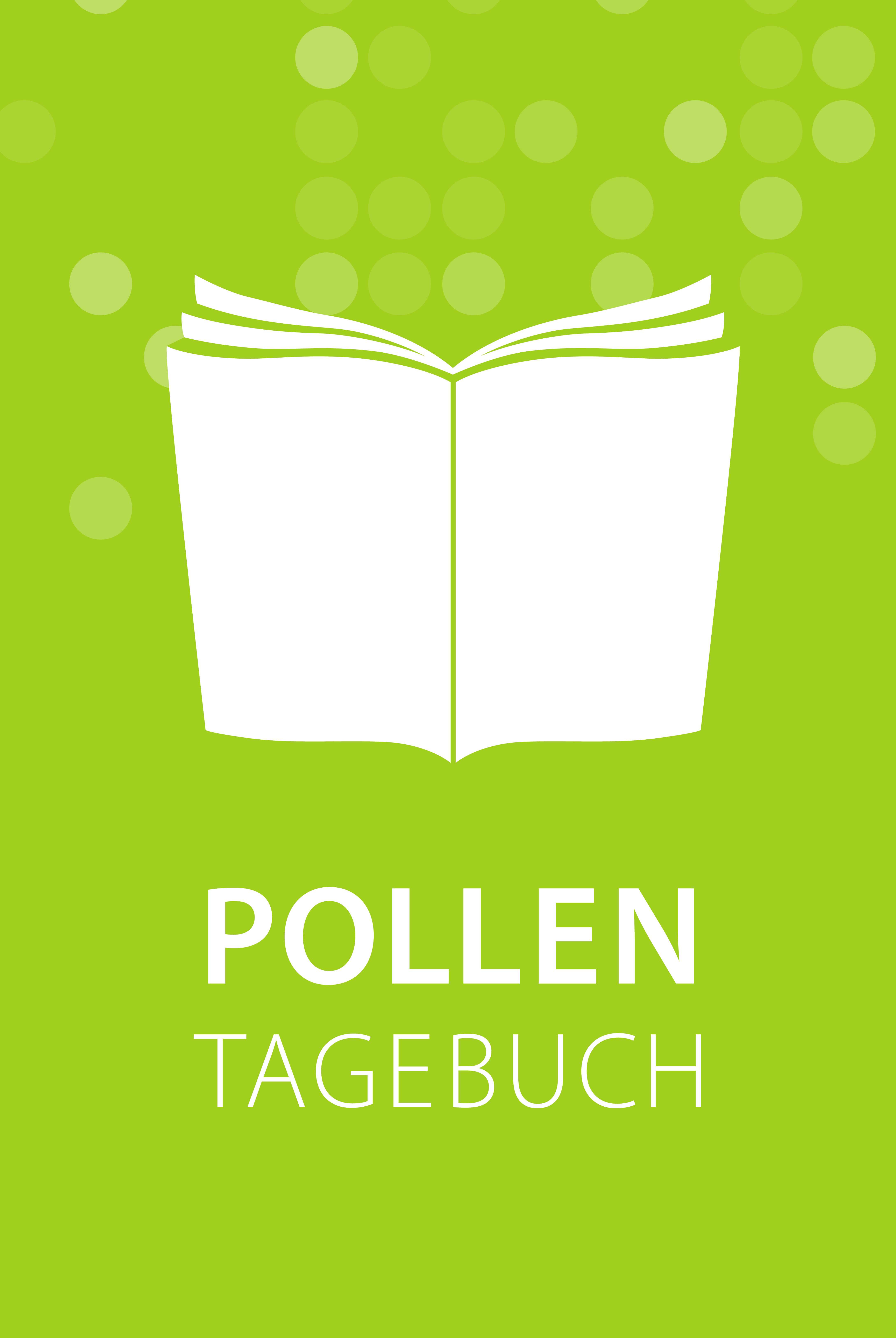
Pollen Diary
The Pollen Diary was launched back in 2009 as a scientific project as part of a master's thesis at the WU Vienna Executive Academy. Meanwhile it has become an important service for pollen allergy sufferers in 13 European countries: Austria, Germany, Switzerland, France, Great Britain, Sweden, Finland, Croatia, Hungary, Lithuania, Serbia, Slovenia and Turkey. The number of users is growing every year, not at least because of the projects that were made possible by the Pollen Diary, such as the pollen app, the exposure map and the personalized pollen information.
Users have the possibility to document their own allergic complaints (intensity and symptoms) together with their medication intake. This gives an overview of the pollen allergy and allows them to compare the symptoms with the measured pollen concentrations on a continuous basis as well as at the end of the stress phase of the allergy. In addition, it is possible to download an excel file with all entries. There, all data are summarized and additionally correlation calculations of pollen count and symptoms are provided. This is a first step towards the identification of the trigger. And even after the diagnosis by a specialist, the pollen diary is a valuable support for patients and medics to track the success of a therapy, the administration of medication or the course of the pollen allergy.
To make such a service possible in the first place, the Pollen Diary is linked to the European pollen database, and can therefore be used without any problems in all countries where it is already available. Special attention has been paid to easy handling as well as to compliance with the latest EU directives on data protection (more under the terms of use of the Pollen Diary).
Since 2013, the pollen diary can also be accessed via the "Pollen" app on Android and iOS. If a user documents complaints, a personalised pollen forecast is available free of charge, tailored to the personal reaction profile. Via the app, users can also get the stress forecast and other practical helpers for the everyday life of an allergy sufferer, which are offered free of charge on the homepage of the Austrian Pollen Warning Service.
Europe-wide pollen information is reached via this portal: www.polleninfo.org.
Image gallery
https://citizen-science.at./en/projects/pollen-diary#sigProIdb081d519a9
This project fulfils version 1.1 of the quality criteria for citizen science projects on Österreich forscht.
- plants
- weather
- health


